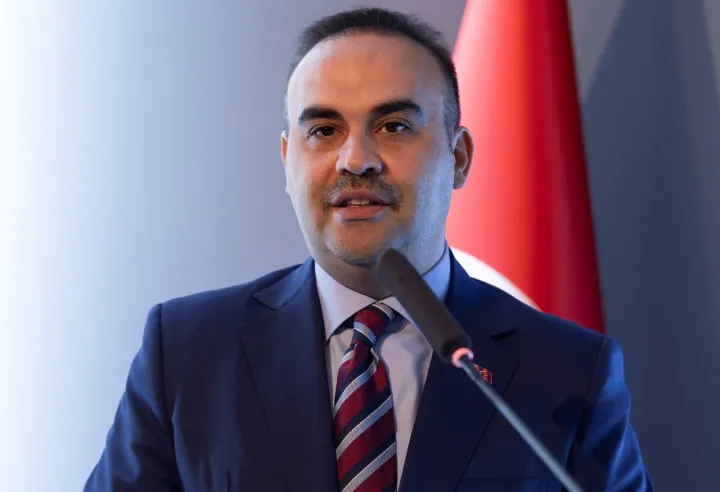Ugandan police detained scores of demonstrators, including protest leaders, in the capital Kampala on Tuesday, as scattered anti-corruption rallies took place despite being banned by authorities.
Riot police were out in force across Kampala, with police spokesperson Kituuma Rusoke saying the authorities will "not allow a demonstration that will risk peace and security of the country."
President Yoweri Museveni, who has ruled the East African country for almost four decades, had warned at the weekend that the demonstrators were "playing with fire."
On the eve of the rally, Ugandan authorities had cracked down on the opposition, besieging the headquarters of the National Unity Platform (NUP) of former presidential candidate Bobi Wine and arresting several of his party's MPs.
March towards parliament
As Tuesday's rallies began, a lawyer said scores of protesters were arrested in Kampala, with an AFP journalist witnessing at least two detained near parliament.
"Corruption has to end today," one of them shouted – wearing a T-shirt calling for the resignation of a leading government politician – as they were detained by heavily armed officers.
Three protest organisers were arrested as they marched towards parliament, the lawyer Ashraf Kwezi told AFP, adding they were "taken to unknown place by the police."
He named them as George Victor Otieno, Kennedy Ndyamuhaki and Aloikin Praise Opoloje.
'Ready to pay the price'
"This is the price we are ready to pay and we are not stopping," he said.
There were roadblocks on mostly quiet streets, especially near Kampala's business district, that were heavily manned by police officers in anti-riot gear with some wearing camouflage uniforms.
Posters shared online ahead of the rallies urged demonstrators to march to parliament, but nearby roads were cut off by security forces.
The call to action over corruption has been mostly organised online, drawing inspiration from the mostly Gen-Z led anti-government protests that have roiled neighbouring Kenya for a month.
'Not relenting'
"We are here to prove that it is not the police which has the power but the constitution," protester and human rights lawyer Ezra Rwashande told AFP.
"We are not relenting until we have the corrupt out of office," he added.
Police spokesperson Rusoke said that "some people who defied police directive not to engage in the march to parliament have been picked for questioning."
A police operation was "ongoing", he added, without giving details on the number of people arrested.
Heavy police presence
A heavy police presence also remained in place around NUP headquarters in a suburb of Kampala, an AFP journalist said, a day after opposition leader Wine said the building was "under siege" by police and army officers.
On Monday, three lawmakers with the opposition group were detained by police on "various offences and remanded to prison," according to the police spokesperson who did not give further details on the charges.
Wine, whose real name is Robert Kyagulanyi, had called Monday for people to support the anti-corruption demonstrations.
"We want a country where we all belong not for the few in power," he said.
Three lawmakers 'detained'
A NUP spokesperson confirmed three legislators, along with seven others connected to the party, had been detained.
Tuesday's march was organised on social media with the hashtag #StopCorruption by young Ugandans – some 15 million citizens out of a population of 45 million are under the age of 35, according to the latest census data.
Graft is a major issue in Uganda, with several scandals involving public officials, and the country is ranked a lowly 141 out of 180 countries on Transparency International's corruption index.
Earlier this year, the United States and Britain imposed sanctions on several Ugandan officials including parliamentary speaker Anita Among and two former ministers over alleged corruption.
➤ Click here to follow our WhatsApp channel for more stories.
























